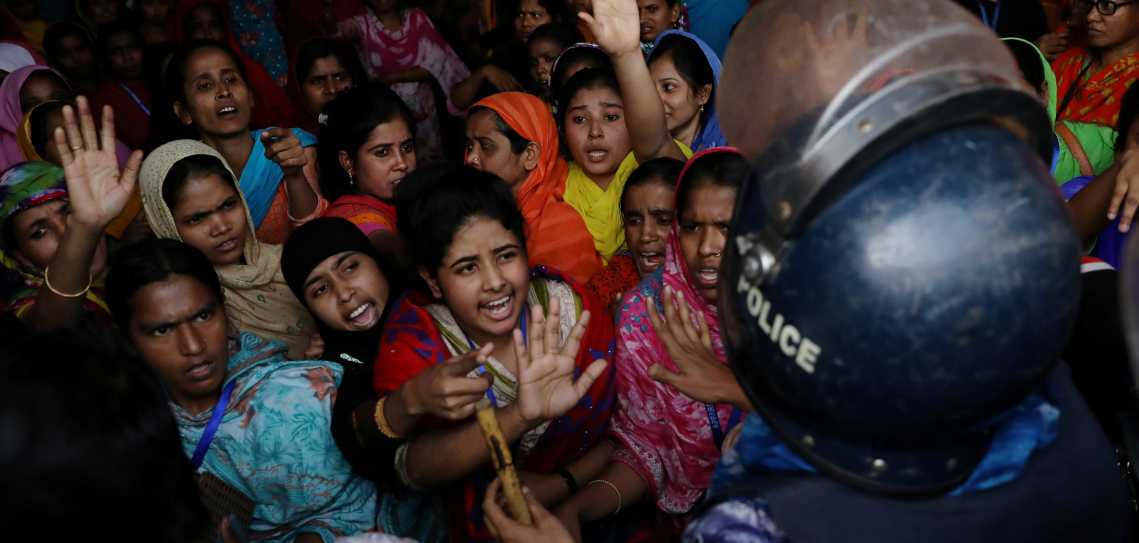US govt sets away conditions to enhance trade, investment with Bangladesh

Image collected
The government on Thursday said it aims to expand trade and investment with Bangladesh, however the world's second-largest exporter of ready-manufactured garments must do more to protect both workers' rights and intellectual property rights.
THE UNITED STATES Trade Representative's office said it raised its concerns throughout a meeting of the United States-Bangladesh Trade and Expenditure Cooperation Forum Contract Council in Dhaka on Thursday, which centered on market access for all of us farm products and financial services.
AMERICA and Bangladesh signed a bilateral investment agreement in 2013 and officials meet regularly to go over bilateral ties. Two-approach trade between the two countries totaled $9 billion in 2019, with about 90 % of exports from Bangladesh to the United States comprising ready-made garments.
"THE UNITED STATES noted its concern at the rate of reforms designed to guarantee workers' legal rights and safety standards and urged Bangladesh to increase collaboration with private and civil sector stakeholders in its ready-made garment industry," USTR said in a statement.
It said officials as well discussed improvements needed to enable greater expenditure, including better security of intellectual property privileges, sharp regulation and monitoring of the trade found in pharmaceuticals and medical equipment, and a committed action to allow the digital economy.
Bangladesh must also support investors’ privileges to good and prompt dispute image resolution and arbitration, ensure transparency in federal government procurement and enforce obligations and notifications under WTO agreements, USTR said.
Workers' rights have already been a continuing way to obtain concern in Bangladesh in spite of reforms adopted following the collapse of a good factory in April 2013 that killed a lot more than 1,100 workers.
Aruna Kashyap, senior counsel at People Rights View, said Washington should press Dhaka to shore up its labour and free of charge speech laws and regulations, and ban discrimination and harassment at the job.
The United States also needs to adopt "mandatory regulations that make sure that US companies conducting business in Bangladesh and elsewhere are conducting business in a way that works with decent work and different human rights within their source chains without exploiting legal loopholes in Bangladesh," she said.
The group has reported that Bangladesh garment staff still face lower wages since fashion makes have didn't compensate factories for safety improvements, while piling pressure on suppliers to keep prices low and try to make clothing faster.
In early on 2019, over 50,000 garment personnel participated in wildcat strikes protesting at alterations to the minimal wage.
Police used excessive drive to disperse the protesters, killing one employee and injuring over 50. At least 7,500 garment personnel had been dismissed from their careers. Many of these staff were blacklisted from just work at other factories, the record said.
Source: https://en.prothomalo.com
Previous Story
- Dhaka to raise preferential US market access issue
- Bloomberg says he would de-escalate trade tensions with...
- US sells first bulk scrap cargo to Pakistan...
- ‘Exciting time for increasing already-strong US-Bangladesh trade and...
- U.S. soybean industry hopes to double exports to...
- In Jeans Sourcing, the Mighty are Falling and...
- SMEs need boost from formal banking channels, say...
- US reverses China 'currency manipulator' label